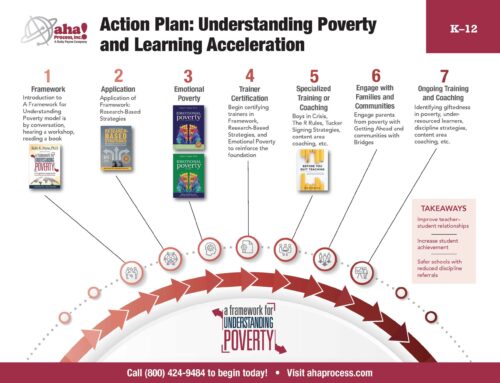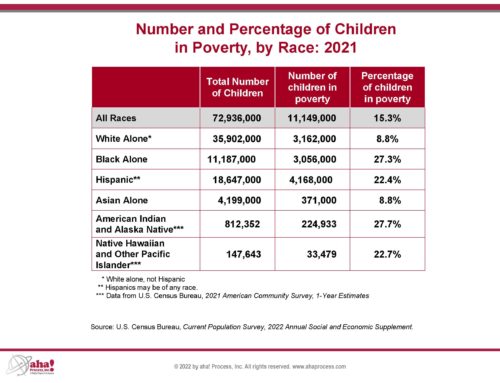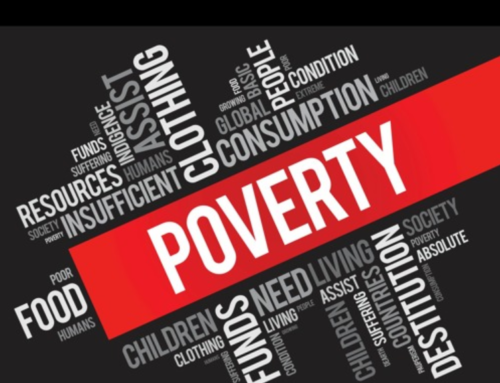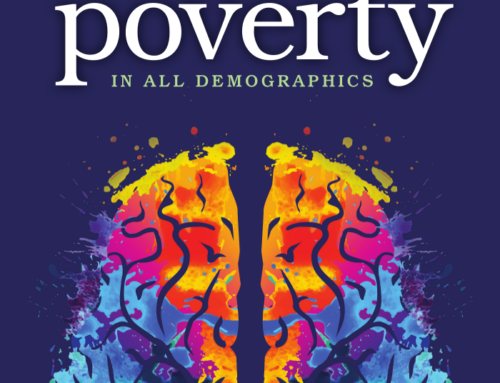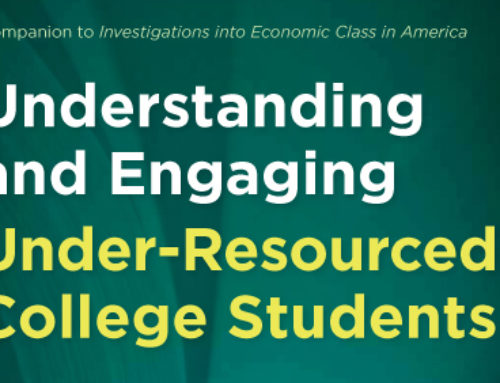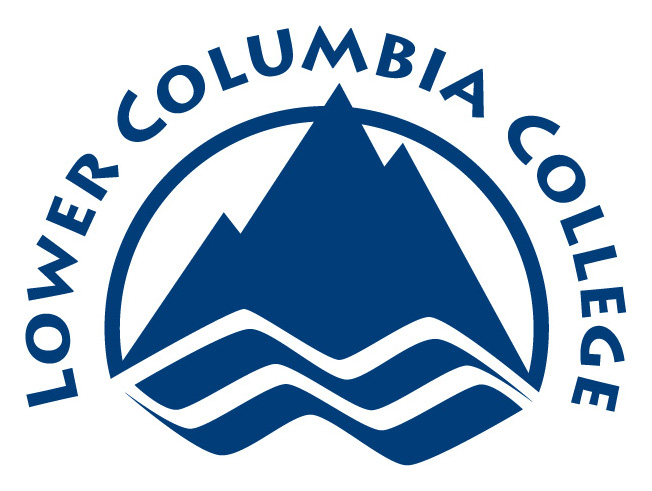 As we serve a diverse student population, the barriers these students encounter are just as diverse. Great effort goes into easing the transition to becoming a successful college student both on our part and, mostly, on the students’. Some of the more prevalent barriers are childcare, transportation, housing, food insecurity, financial aid, and hidden rules of college.
As we serve a diverse student population, the barriers these students encounter are just as diverse. Great effort goes into easing the transition to becoming a successful college student both on our part and, mostly, on the students’. Some of the more prevalent barriers are childcare, transportation, housing, food insecurity, financial aid, and hidden rules of college.
Students who receive benefits from the State of Washington are eligible for a childcare subsidy from the state. This comes as a delightful surprise to some and as a tremendous help to all students who qualify.
Transportation can be a barrier, but due to a contract the college holds with the local public transit provider, all students can use their student ID as a bus pass.
Housing is a little trickier. We do not have many funds available for direct housing support; however, we do have a foundation grant that can help with once-in-a-lifetime financial support. We also work vigorously behind the scenes to co-enroll our students in multiple support programs to offer more of a wraparound service. These support programs can offer tuition support and funds for transportation, as well as added academic support, and thereby free up funds that would have been otherwise used for transportation or tuition, indirectly providing funds for housing.
As for food insecurity, we are working diligently to start an on-campus food pantry. In the meantime we keep our staff and faculty up to date on local food closets as well as many other off-campus support programs and agencies.
The hidden rules of college can be a huge and invisible barrier, and for this we offer a workshop to our students called College Culture where we discuss the hidden rules of college and what it will take to be a successful student. We also offer trainings to our staff and faculty.
For ongoing support for our students, we offer Investigations into Economic Class in America. In this class we discuss everything from the hidden rules of poverty, middle class, and wealth to accountability to the theory of change. Students who have been through this course self-identify as having a much greater understanding of the inner workings of middle class and the college campus.
Every fall we host a back-to-school bash. We make this a very fun event with food! Students are encouraged to join, and we generally have a very nice turnout. Most students who attend this event are overjoyed and excited for class to begin. In addition, students enrolled in specific support programs are invited to additional back-to-school events that offer food, fun, support, and encouragement.
As we begin a new school year, we’re excited to help a new group of students negotiate the college environment and ultimately succeed, regardless of the barriers they face. What challenges will your students face this year, and what strategies will you use to help overcome them?
Steven N. Boyer is the Basic Food, Employment, and Training program coordinator at Lower Columbia College in Longview, Washington.

